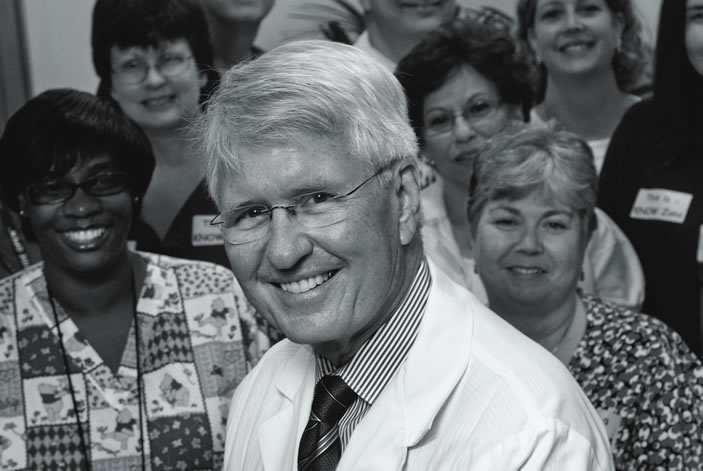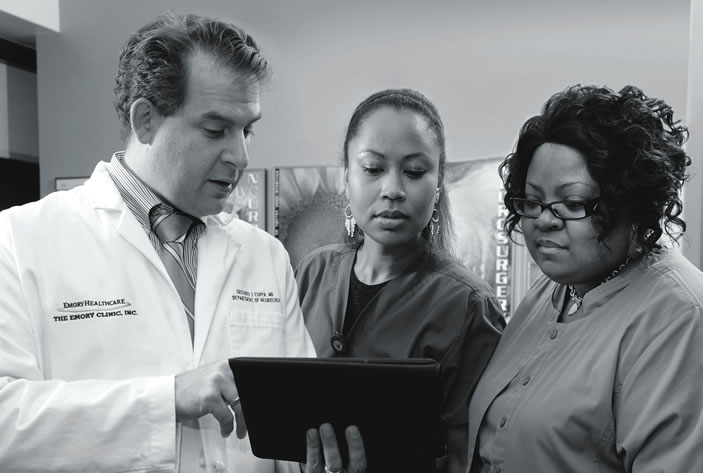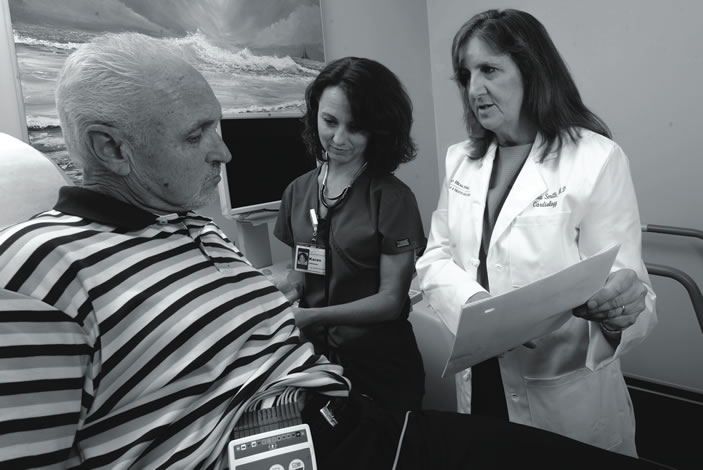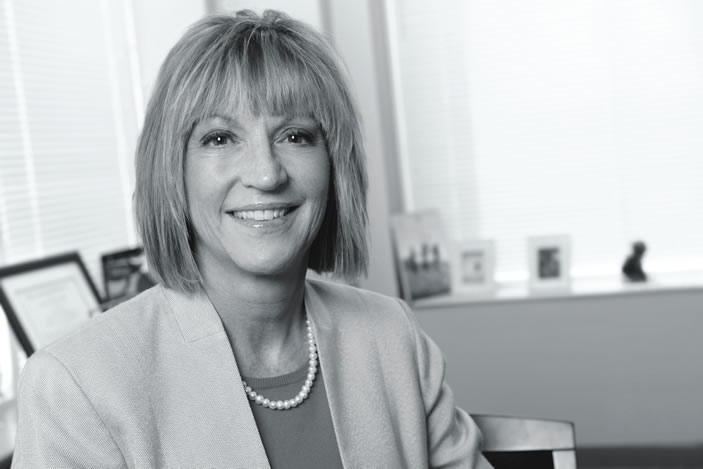When cardiologist Doug Morris was named CEO of the Emory Clinic two years ago, he told colleagues that to respond successfully to the transformations occurring in medicine, "we must mimic the space industry and other modern industries that combine high risk and complexity." That means, he continued, moving from the heroic, test pilot model of a reputational physician (think Chuck Yeager in a white coat) to one of an astronaut, not only equally talented and dedicated to patients but also a team player who can develop and adhere to medical protocols.
Those protocols are important because they can improve consistency of care, eliminate errors and lower costs.
That's where the fighter pilots come in. The Emory Transplant Center first brought the Afterburner, Inc. consulting team on board for help in fine-tuning reliability of performance and adherence to protocols. Transplantation and subsequent lifelong therapy to prevent transplant rejection depend on complex treatment plans involving a team of surgeons, physicians, nurses and other clinicians. In the transplant world, there is no time for delays, no room for mavericks, no excuse for not collecting and using data for continuous improvement.
With coaching from the Afterburner group, Emory's team learned to approach the care of patients like fighter pilots who "execute missions in the most hostile environments on earth." They followed a detailed cycle of planning, training, briefing, executing and debriefing (What went right? What could have gone better?) and then revamped plans accordingly, re-training and beginning the cycle all over again. Processes are continually monitored, always in evolution, better today than yesterday, not yet as good as tomorrow.
After seeing the success of the "flawless execution" technique in transplant surgery, the transplant section's leadership began applying the method to myriad, day-to-day operating procedures throughout the patient enterprise — answering phones, sending lab results to patients and handling billing and dozens of other nitty-gritty details that can make a big difference in a patient's experience.




